What is the relationship between the Philippine economy and real estate? Here are ways the Philippine economy can influence the value and success of your real estate investments.
What is the Philippines’ current economic situation?
The Philippine economy is showing a promising rebound. In fact, the Philippine Statistics Authority (PSA) recorded an 8.3% in the country’s gross domestic product (GDP) during the first quarter of this year. This follows the upward trend from the third and fourth quarters of 2021 at 7.0% and 7.8%, respectively.[1]
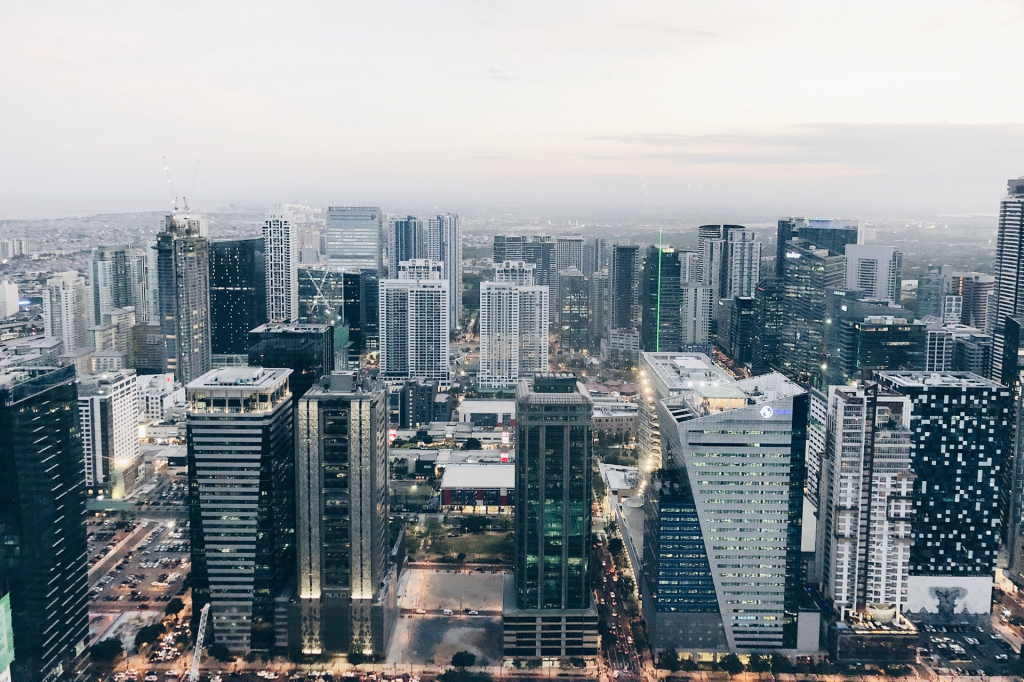
But what is the driver of this increase? The Asian Development Bank (ADB) cites increased domestic consumption as the driver of this economic growth. Particularly industries such as manufacturing, wholesale and retail trade, motor vehicles and motorcycle repair, and transportation and storage kept the economy busy during the last quarter.
Furthermore, ADB predicts that the Philippines’ economic growth will continue as pandemic restrictions ease further. As a result, more manufacturing and construction activities previously halted by the pandemic can resume. Additionally, in its publication ‘Asian Development Outlook (ADO) 2022,’ ADB sees a 6% and 6.3% economic growth for the Philippines in 2022 and 2013, respectively.
What does economic growth mean for Philippine real estate?
Economic conditions almost always correlate to real estate performance. In fact, the housing market is one of the key industries that reflect an economy’s health. For example, people are more likely to buy new houses when the economy is strong. On the other hand, an economic slowdown may drive home buyers to the secondary market.
Economic factors that affect real estate demand
While it is true that real estate correlates with economic conditions, certain elements influence property market demand. Below are some of the economic factors that affect the real estate market in the Philippines:
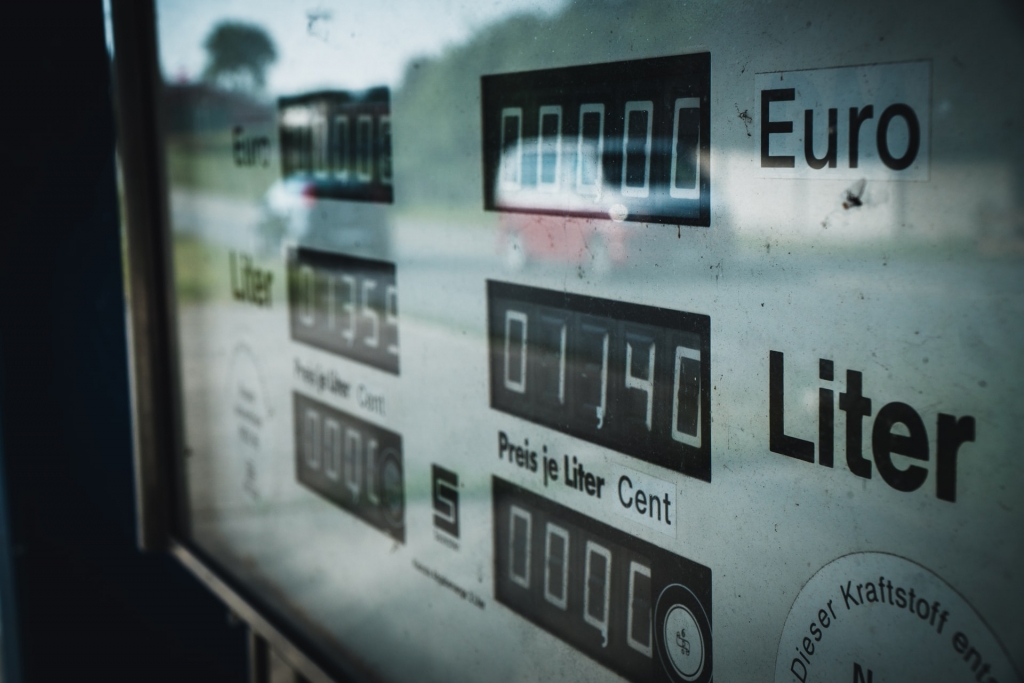
Money supply
When there is too little supply of money in the economy, investors buying new homes decline. On the contrary, when the money supply increases, housing demand also increases. As a result, it can also drive up real estate prices for a certain period.
Interest rates
Interest rates dictate the supply of money in the economy. For instance, when the cost of borrowing skyrockets, the money supply contracts. As a result, fewer people have access to funds to acquire a new house. Consistently, when interest rates decline, it means more money supply for property buyers to tap.
But the cost of borrowing or interest rate is a critical monetary policy that affects many aspects of the economy beyond real estate. In fact, the Bangko Sentral ng Pilipinas (BSP) sets interest rates to “balance” the money supply and control how much money circulates in the market.
Government policies and legislation
When the economy and the real estate market, in extension, enter a slump, the government can intervene with policies and legislation. For example, the government can provide subsidies and tax credits to jumpstart the real estate market.
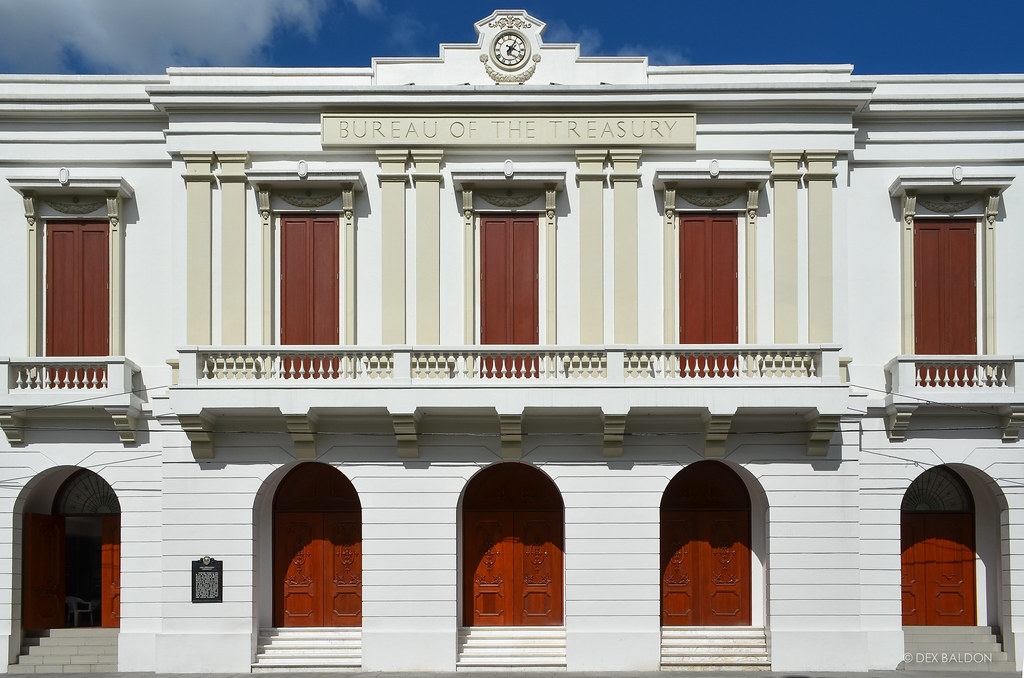
Economic factors to look at before investing in Philippine real estate
Once you have an overview of the factors that affect your real estate investments, the next step is to keep track of them. In addition, up-to-date information and insights about the economy can help you choose when and where to invest your hard-earned money. Below are some of the economic movements investors and buyers need to watch out for:
Rising inflation
As of the date of this writing, Philippine inflation is still on an upward trend. In fact, the PSA reported that inflation further increased to 5.4% last May. And while inflation is not always bad, it signals banks to impose monetary policies that may affect your investments.
During inflation, people spend more with more money supply in the market. And when the inflation rates accelerate beyond the BSP target, they may raise interest rates on loans. This way, the central bank reins in inflation by discouraging people from spending more.
From the property investment perspective, inflation can mean higher mortgage borrowing costs if you plan to buy a new house. On the other hand, this can mean value appreciation for existing property owners. And lastly, rental property owners can adjust their rates to offset the impact of inflation.
Increasing debt-to-GDP ratio
The debt-to-GDP ratio is a country’s total debt in relation to its total goods and services over a period. Generally, the lower the debt-to-GDP, the better it is for the economy. Furthermore, a high debt-to-GDP ratio could mean slower economic growth. In fact, a World Bank study concluded that each point above the 77% ratio costs 0.017 percentage points of annual real growth.
Aside from an economic slowdown, a ballooning debt-to-GDP ratio may mean higher interest rates, which can also slow down property demand.
New government policies and legislation
Government policies are one of the most important things to watch out for many reasons. For one, they can expand or contract and affect the demand in the real estate industry. Secondly, they can also create “false trends” that may lead investors and buyers may misread. For example, the government may grant subsidies and tax credits to jumpstart an ailing economy. As a result, it boosts a real estate segment that buyers may generalize as the overall trend for the industry.
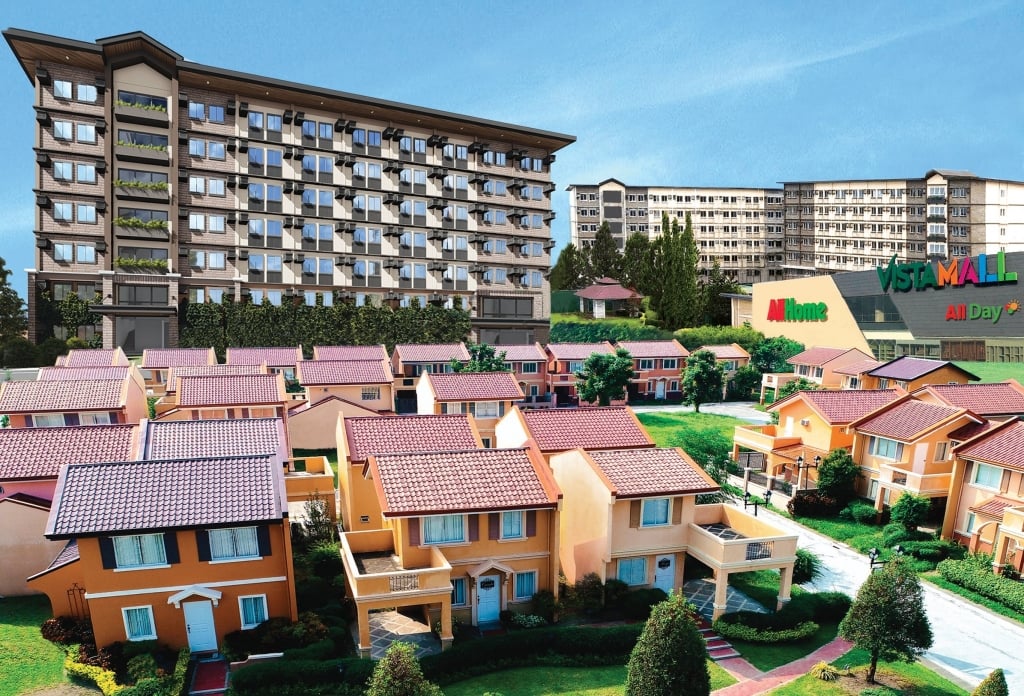
Is it good to invest in the Philippine property sector now?
Colliers’ report for the first quarter of 2022 showed investors’ sustained optimism in the Philippine residential property market. As the economy opens up and moves closer to its pre-pandemic levels, the demand for properties near business districts is also back up. Additionally, the increased public infrastructure developments, especially in the National Capital Region, make residential projects near Metro Manila ideal addresses to invest in.
To conclude, property buyers can benefit from keeping track of the Philippine economy and the greater global nation to assess risks and make more informed investment decisions.
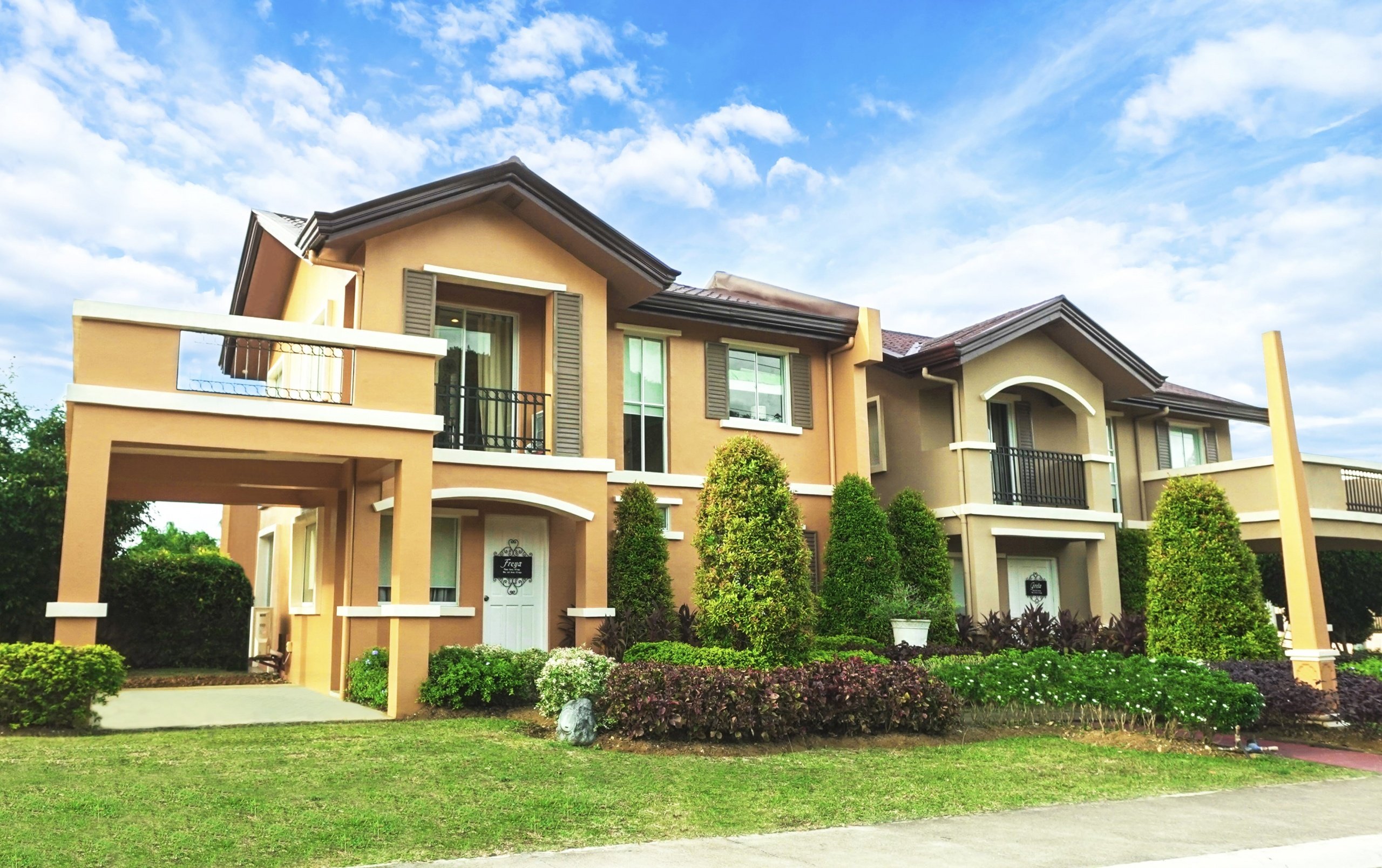
Invest in premium properties!
Browse through Camella’s portfolio of house and lot and condo for sale in the Philippines.
Sources:
[1]: GDP Posts an 8.3 Percent Growth in the First Quarter of 2022. https://psa.gov.ph/content/gdp-posts-83-percent-growth-first-quarter-2022


